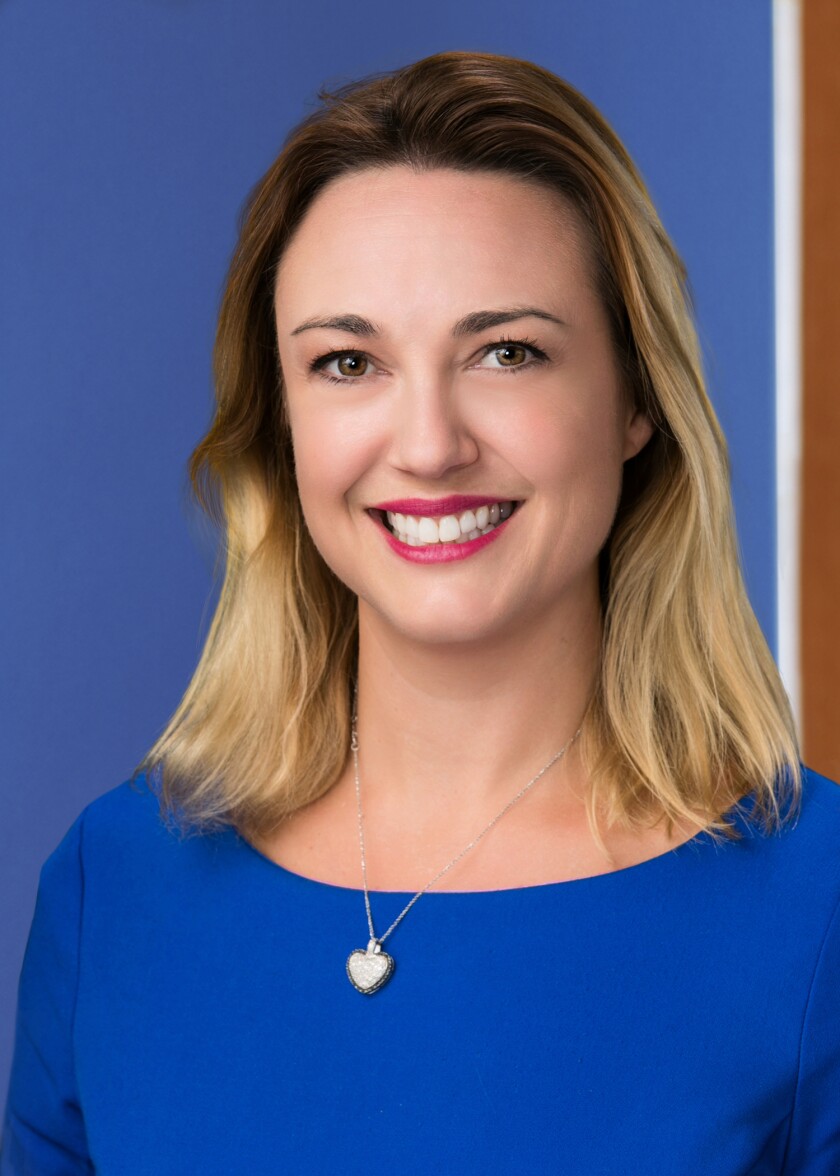The Internal Revenue Service issued guidance Tuesday to make temporary changes to section 125 cafeteria plans, with the goal of providing tax relief and flexibility in the midst of the novel coronavirus pandemic. The IRS is extending the claims period for health care flexible spending arrangements and dependent care assistance programs and enabling taxpayers to make mid-year changes to their accounts.
The guidance released Tuesday by the IRS deals with the unanticipated changes in expenses faced by many taxpayers as a result of the COVID-19 pandemic. The IRS is now allowing its previously provided temporary relief for high deductible health plans to be applied retroactively to Jan. 1, 2020, and also increases for inflation the $500 permitted carryover amount for health FSAs to $550.
Matt Wood is the global head of finance and accounting outsourcing (FAO) at Personiv, responsible for delivering finance and accounting solutions to clients worldwide. He joined Personiv in 2016, bringing a wealth of experience from organizations including HireBetter, Dell and Princeton Recruiting Group, with a focus in recruiting and operations.
Erich Kron is Security Awareness Advocate for KnowBe4, the world-renowned cybersecurity platform that comprehensively addresses human risk management with over 70,000 customers and more than 60 million users. A 25-year veteran information security professional with experience in the medical, aerospace, manufacturing, and defense fields, he was a security manager for the U.S. Army's 2nd Regional Cyber Center-Western Hemisphere and holds CISSP, CISSP-ISSAP, SACP, and other certifications. Erich has worked with information security professionals around the world to provide tools, training, and educational opportunities to succeed in information security. Contact him through LinkedIn: https://www.linkedin.com/in/erichkron/.
Ashley Fontanetta is senior vice president, client advisor with Whittier Trust, providing advisory and administration services to high net worth individuals and families.
She specializes in philanthropic planning and administration, providing strategic consultation and guidance for clients who have an existing philanthropic entity or are looking to create one. Prior to joining Whittier Trust, she worked as a financial advisor. Prior to that, she spent several years as a director of a nonprofit organization serving chronically ill youth in Los Angeles and the Bay Area.
In Notice 2020-29, the IRS is offering extra flexibility to taxpayers by:
- extending the claims periods for taxpayers to apply unused amounts remaining in a health FSA or dependent care assistance program for expenses incurred for those same qualified benefits through Dec. 31, 2020;
- expanding the ability of taxpayers to make mid-year elections for health coverage, health FSAs and dependent care assistance programs, allowing them to respond to changes in needs as a result of the COVID-19 pandemic; and
- applying earlier relief for high-deductible health plans to cover expenses related to COVID-19, and a temporary exemption for telehealth services retroactively to Jan. 1, 2020.
In conjunction with that notice, the IRS also issued Notice 2020-33, in response to the Trump administration’s Executive Order 13877, which directs the Treasury secretary to “issue guidance to increase the amount of funds that can carry over without penalty at the end of the year for flexible spending arrangements.” The notice ups the limit for unused health FSA carryover amounts from $500, to a maximum of $550, adjusted each year for inflation.




